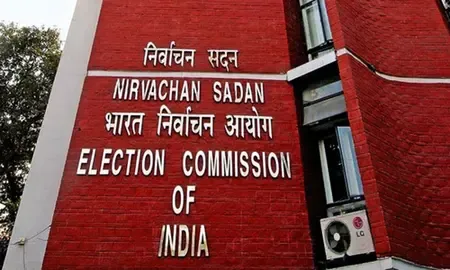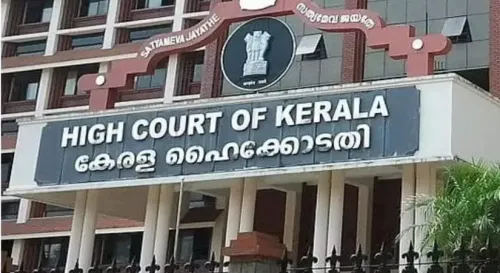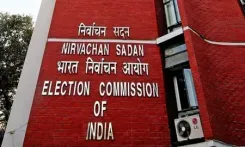Is Punjab's New Land Pooling Policy a Game Changer for Urban Development?

Synopsis
Key Takeaways
- Voluntary participation is at the heart of the policy.
- Potential returns of up to 400 percent on land investments for farmers.
- Development agencies will ensure modern infrastructure.
- No forced acquisitions, protecting landowner rights.
- A significant step against the land mafia.
Chandigarh, May 22 (NationPress) Punjab's Finance Minister Harpal Singh Cheema revealed a groundbreaking land pooling policy aimed at promoting transparent and well-planned urban development throughout the state.
This initiative signifies a major shift from previous methods, emphasizing voluntary participation and enabling landowners to become integral contributors to the state's advancement.
Cheema underscored the policy’s fundamental principle of 100 percent voluntary participation.
“With this innovative policy, there will be no coercive land acquisition. We've created a framework that honors the rights and aspirations of our farmers and landowners,” he stated.
The Finance Minister pointed out the considerable economic advantages for landowners who choose to participate.
“This policy effectively tackles the increasing demand for affordable housing in urban areas, prompted by Punjab’s swift urbanization. Market assessments suggest that farmers involved in this land pooling initiative could see returns of up to 400 percent on their land investments.”
He mentioned that the development agencies of the Punjab government would manage the development of aggregated land, ensuring the inclusion of modern infrastructure like roads, water supply, sewerage, drainage, and electricity.
“Once the land is developed, it will be returned to the original landowners based on their contributions, and its value is expected to rise significantly. Landowners will have the freedom to use their developed land as they wish, whether for personal purposes or for sale,” Cheema elaborated.
He described this policy as a decisive strike against the land mafia and the age of illegal colonies and coercive land acquisitions.
“For the last thirty years, Congress and Akali-BJP governments have collaborated with the land mafia, enriching their political allies at the cost of our farmers. This policy brings an end to that corrupt system,” he declared.
He criticized the opposition for their “crocodile tears” and efforts to mislead the public regarding the AAP government’s initiatives to transform urban development and empower landowners in Punjab.
“Their indignation is a clear attempt to shield their crony land mafia,” Cheema asserted, adding, “During their administrations, vast areas were forcibly taken from farmers and later sold to developers and builders at exorbitant prices.”









